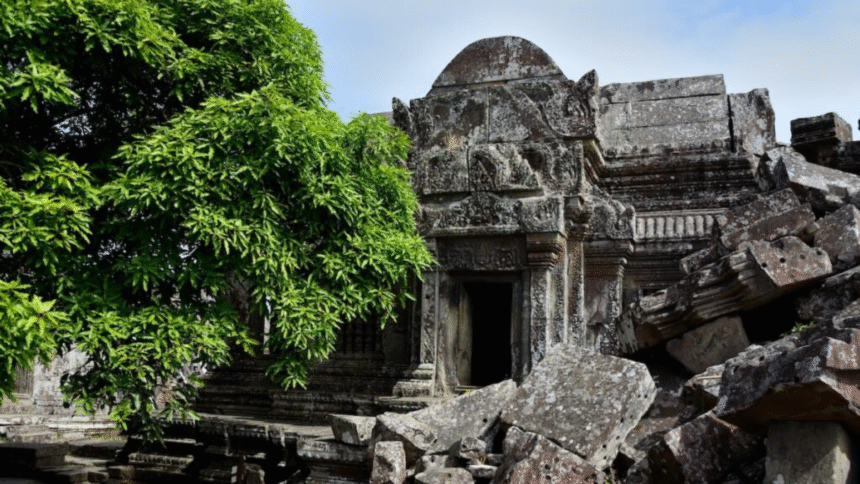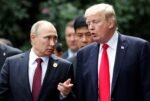Kuala Lumpur, Malaysia – July 28, 2025
The border crisis between Thailand and Cambodia has entered its fifth day, with at least 33 confirmed deaths and thousands displaced amid escalating clashes that erupted on July 24. The violence marks one of the most serious military escalations between the two Southeast Asian nations in recent years.
In an effort to prevent further escalation, leaders from both countries are expected to convene today in Malaysia for urgent peace negotiations, mediated by Malaysian Prime Minister Anwar Ibrahim, who currently chairs the Association of Southeast Asian Nations (ASEAN).
The high-level meeting follows an appeal from U.S. President Donald Trump, who called for an immediate ceasefire as a precondition for future trade discussions with Washington. The crisis has drawn growing international concern, with both China and the United States planning to send representatives to the Kuala Lumpur talks due to their vested interest in regional stability.
Despite its weaker military capabilities, Cambodia has called for an immediate halt to hostilities, emphasizing the need for humanitarian access and diplomatic resolution. However, Thailand has insisted that dialogue should occur prior to any ceasefire, maintaining a firmer stance.
Thailand’s caretaker Prime Minister Phumtham Wechayachai accused Phnom Penh of lacking genuine commitment to peace.
“We do not believe Cambodia is acting in good faith. They must show sincere intent, and that will be assessed during the talks,” he told reporters at Bangkok airport before departing for Malaysia.
The roots of the conflict trace back to longstanding historical tensions, particularly related to disputed border demarcations dating from the post-colonial era following France’s occupation of Cambodia. These disputes have flared intermittently for decades, with previous clashes erupting in 2008 and 2011 near the Preah Vihear temple area.
As fighting continues along contested stretches of the border, regional and global actors are urging restraint and diplomatic resolution to prevent a wider destabilization of Southeast Asia.







